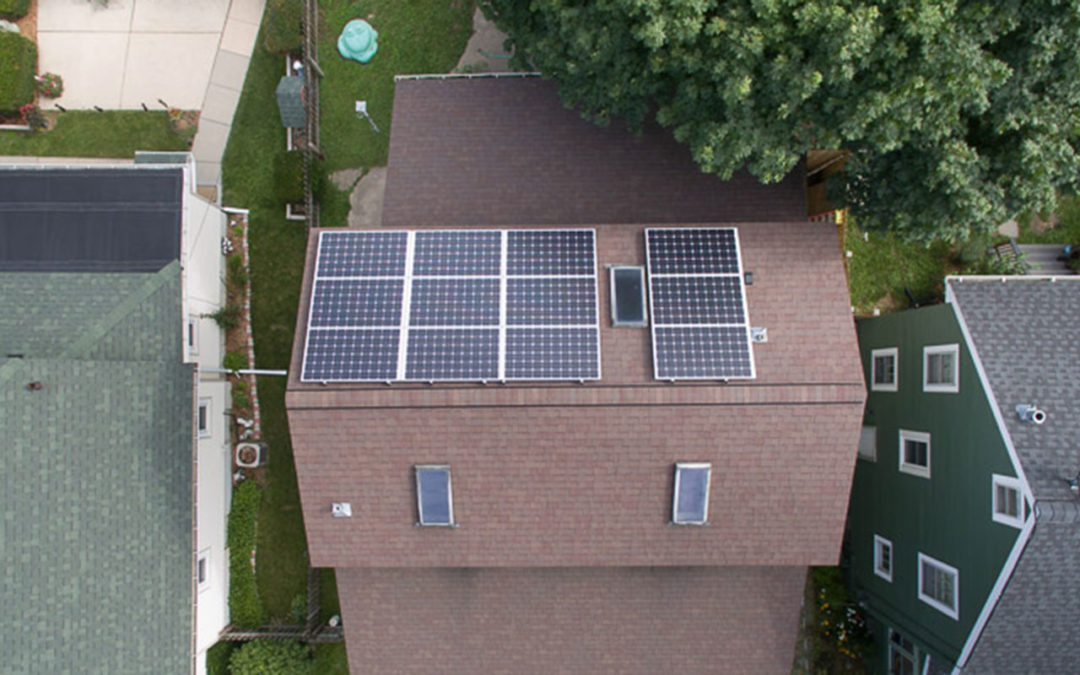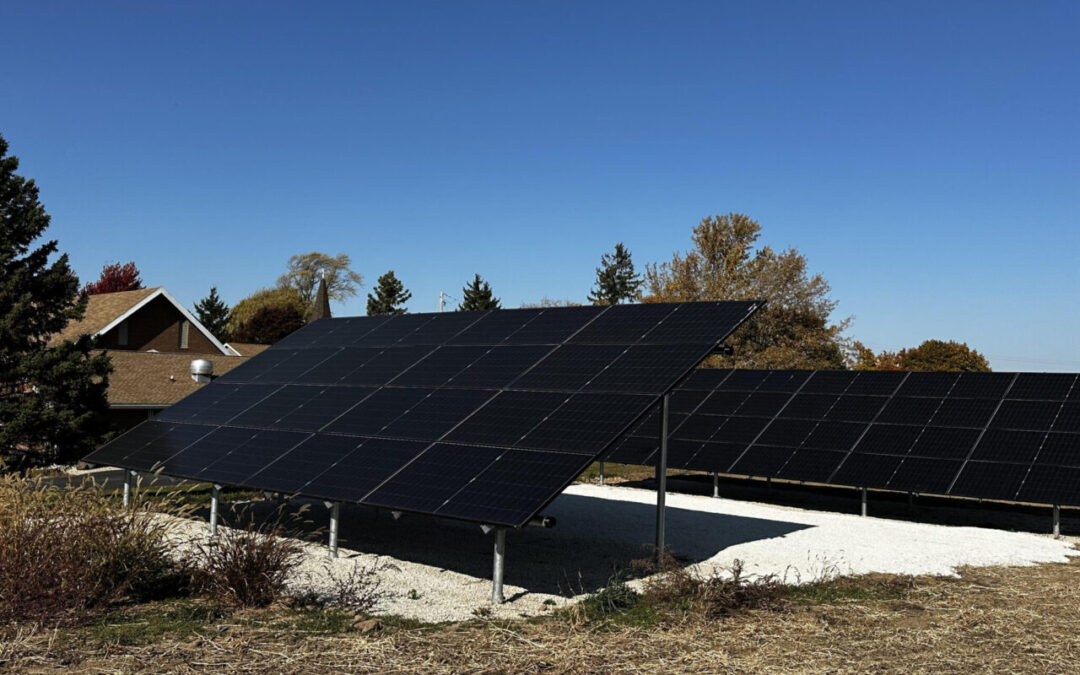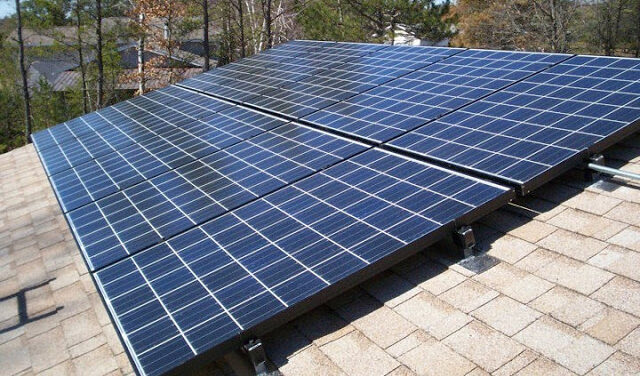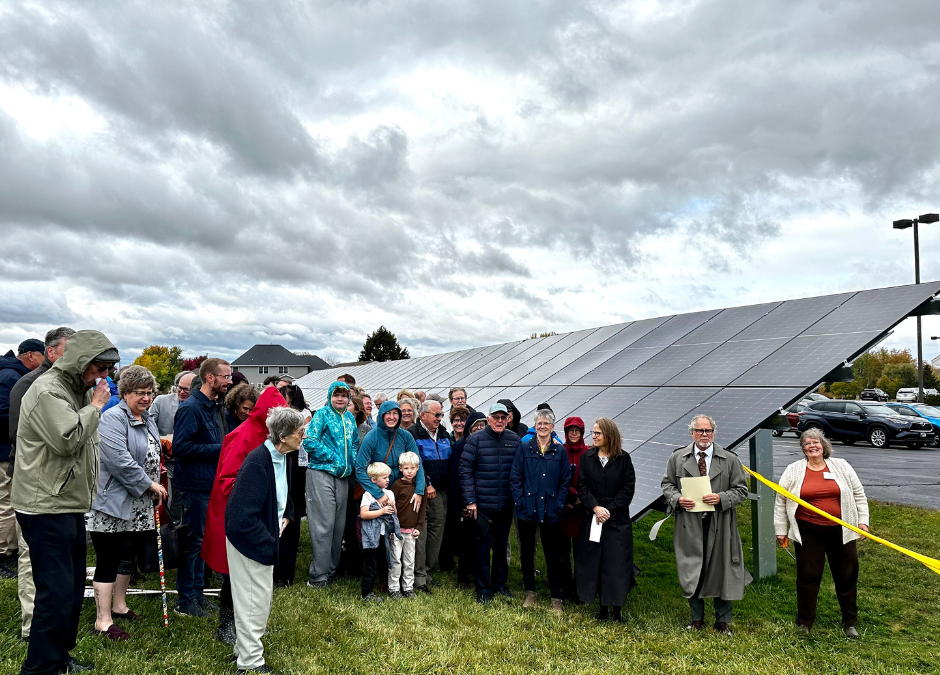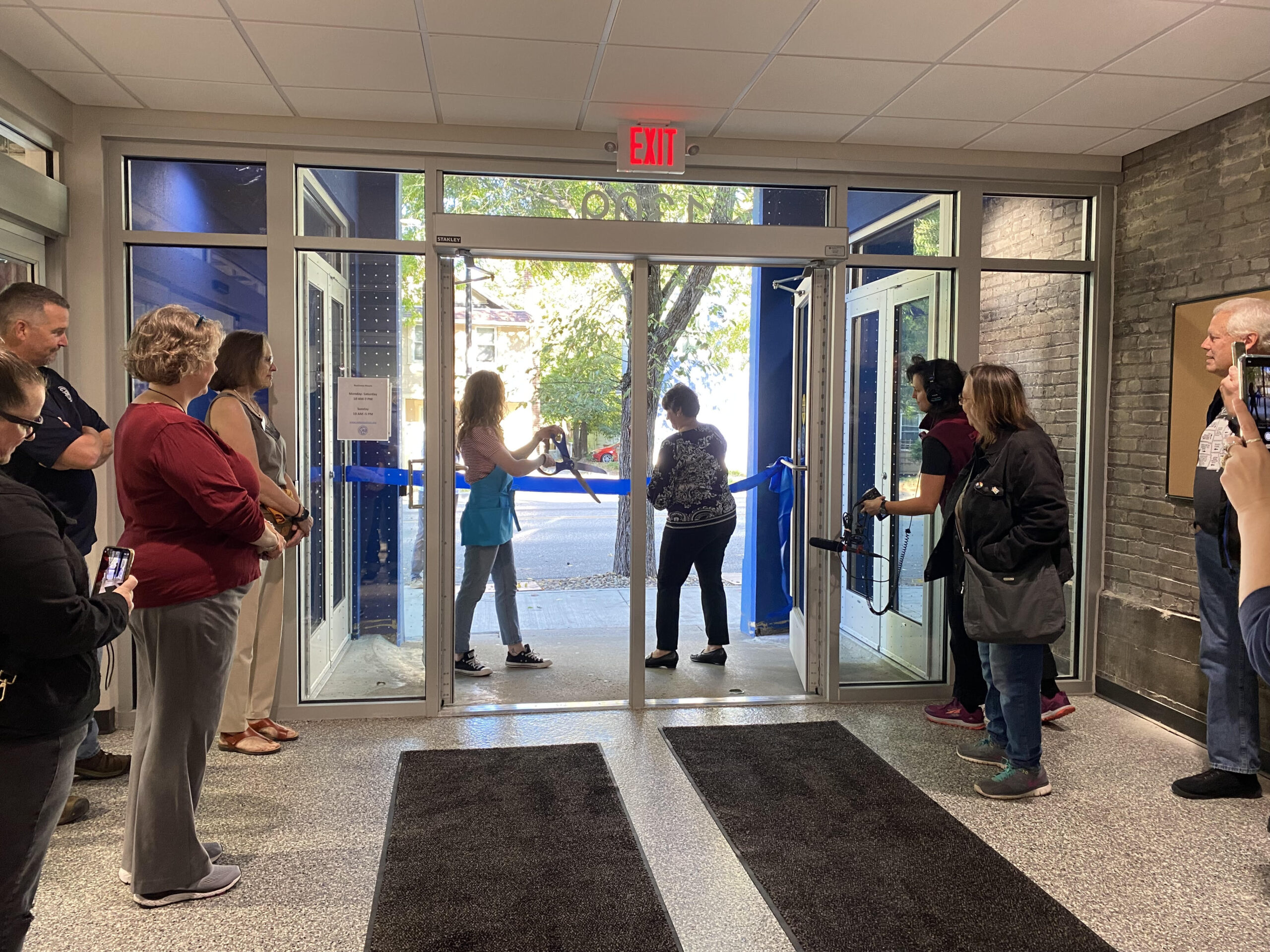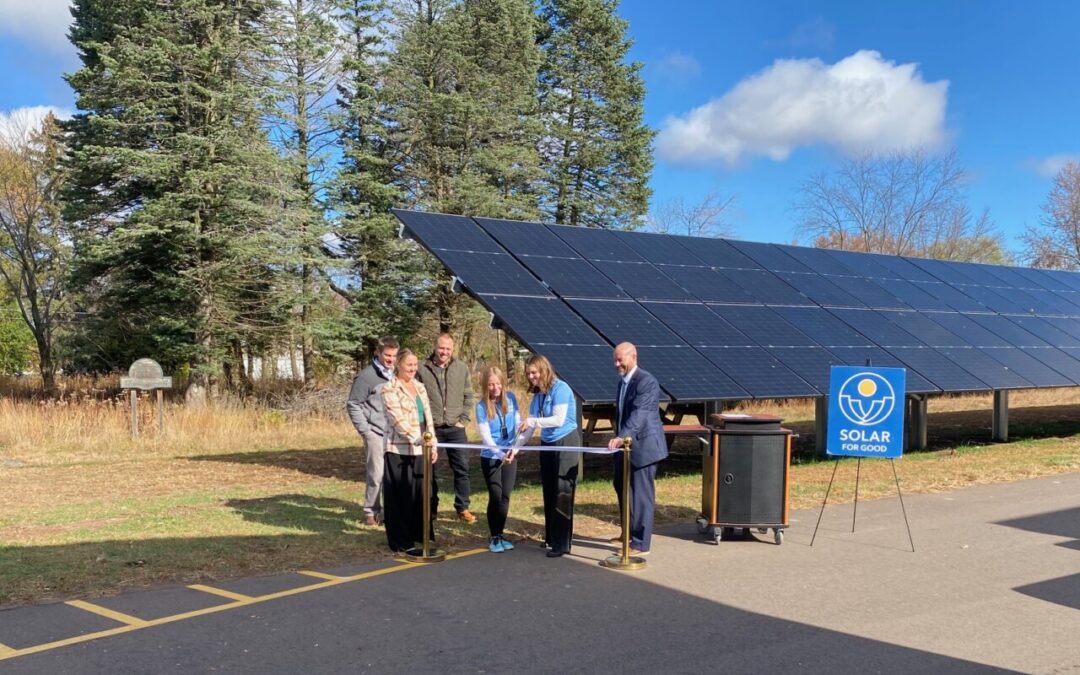
CESA 10 Serving Schools & Going Solar
On Friday, November 1, Cooperative Education Services Agency 10 (CESA 10) celebrated the completion of its new 124.2-kilowatt solar array during their ribbon-cutting ceremony. Member school districts, Solar Connection, the Green Team, Couillard Solar Foundation, and RENEW Wisconsin joined the event to celebrate this significant milestone. The organization’s commitment to energy efficiency and sustainability in education sets a strong example for school districts and surrounding communities on the benefits of renewable energy and how they can go solar too.
Solar Connection installed a ground-mount solar system consisting of 235 solar panels with 115 panels secured through the Solar for Good grant program. The solar system is set to offset the organization’s electrical consumption by approximately 75%. The successful installation of this project was made possible through dedicated support from the CESA 10 team and support from funding sources. Additionally, the team took advantage of federal and state incentives including the Inflation Reduction Act and Focus on Energy.
Serving 29 school districts and more than 36,000 students, CESA 10 plays a crucial role in offering educational programs and services, ranging from college readiness programs to educational technology and facilities management. Choosing to go solar reflects a key part of their mission in helping schools reduce operational costs so that greater resources can be allocated to enriching the educational experience of students. Its new solar array will not only reduce its own operational costs, but also demonstrate to educators, students, and the broader community the long-term benefits of clean renewable energy.
Going solar is the latest step in CESA 10’s broader sustainability initiatives, but their journey into greater energy efficiency began several years ago. In recent years, they have also undertaken several energy efficiency upgrades including adding LED lighting, improving installation, and replacing roofs of its facilities. Each efficiency upgrade adds up to have a significant positive impact, including lower operating costs and a smaller carbon footprint. With the solar panels recently commissioned, the organization consistently plans to work towards further energy improvements.
Through their efforts, CESA 10 is not only benefiting their own facility but also contributing to a future where solar energy plays a larger role in Wisconsin’s schools. As a leader in showcasing the tools accessible to educators, this project encourages others to consider how they can explore clean energy solutions to enhance their efforts in serving students and having a positive environmental impact.

